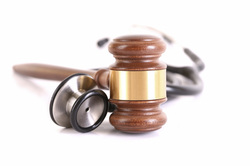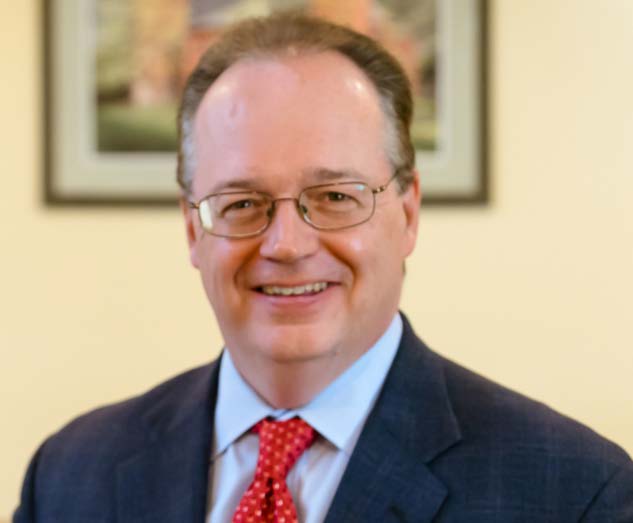 The Supreme Court of New Hampshire upheld a state law requiring that juries be told the findings of “pretrial medical screening panels.” The panels consist of a retired judge, an attorney, and two physicians who review medical malpractice cases before proceeding to court. At least 16 states have medical screening panels. A 2008 study by Pinnacle Actuarial Resources for the American Medical Association found that states with screening panels had lower medical liability insurance rates — 20% below the national average — and lower claims costs than states without such laws. In this case, Sheila Parker’s family sued for medical malpractice after she entered a hospital complaining of back pain and later died of meningitis. According to court documents, Parker was seen by an emergency room physician, who diagnosed her with intractable pain and admitted her to the hospital. Some time later, a neurosurgeon initiated a lumbar puncture, which showed that she had meningitis. She was taken to the intensive care unit and given antibiotics, but her condition deteriorated and she died. Parker’s family claimed that the hospital should have brought in a neurosurgical specialist earlier and that a delayed diagnosis, combined with late treatment, contributed to her death. A pretrial medical screening panel reviewed the evidence and unanimously found that the defendants’ actions did not “constitute a deviation from the applicable standard of care.” The trial court, however, refused to disclose the panel’s findings to the jury. On appeal, the state Supreme Court reversed and upheld the law requiring juries to be told of the panel’s findings. The Court wrote that “the Legislature has the authority to deem certain evidence relevant and admissible because, like the judiciary, it has the authority to create evidentiary rules.” However, the Court also ruled that the jury may hear the evidence that was presented to the panel, including testimony from experts who had testified at the panel proceeding. While the jury may consider the panel’s rulings as evidence, the jury must make its decision based on all the evidence presented. John Howley, Esq. The information you obtain at this site is not, nor is it intended to be, legal advice. You should consult an attorney for advice regarding your individual situation. I invite you to contact our law offices and welcome your calls, letters and electronic mail. Contacting us does not create an attorney-client relationship. Please do not send any confidential information to us until such time as an attorney-client relationship has been established. I practice law and offer legal services only in jurisdictions where I am properly authorized to do so. I do not seek to represent anyone in any jurisdiction where this web site does not comply with applicable laws and bar rules.
0 Comments
Your comment will be posted after it is approved.
Leave a Reply. |
John Howley, Esq.
(212) 601-2728 |
